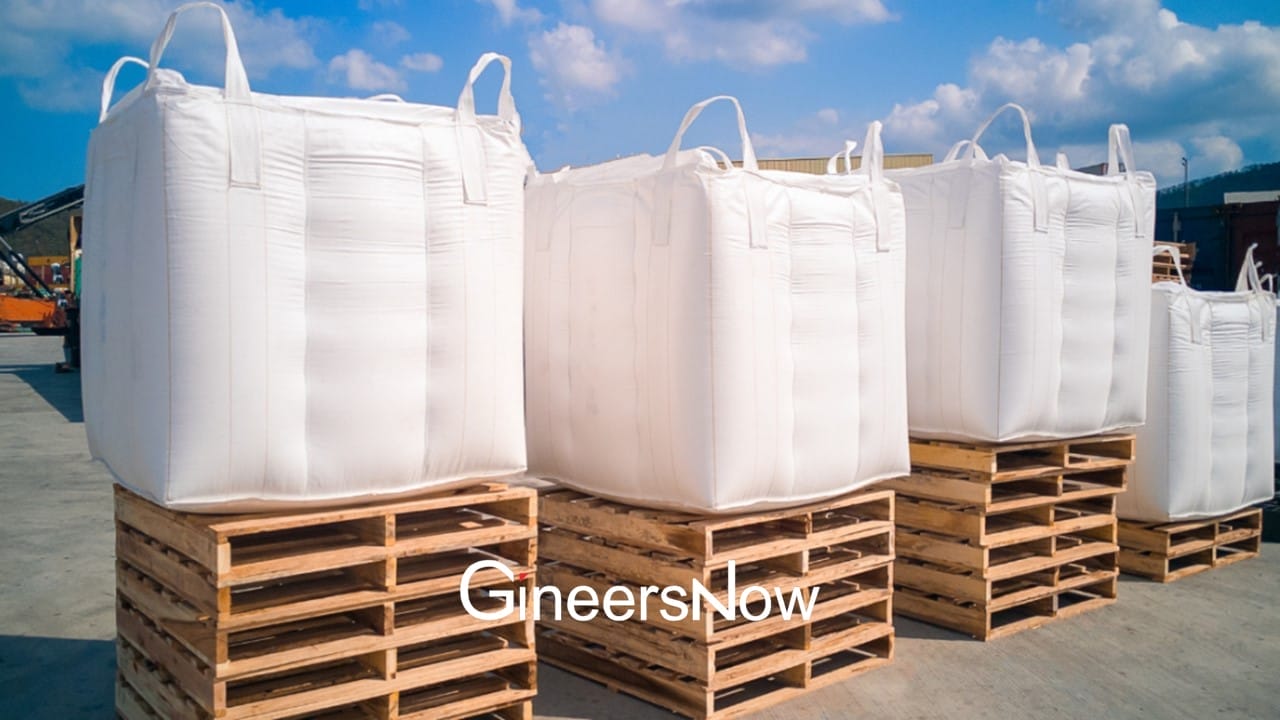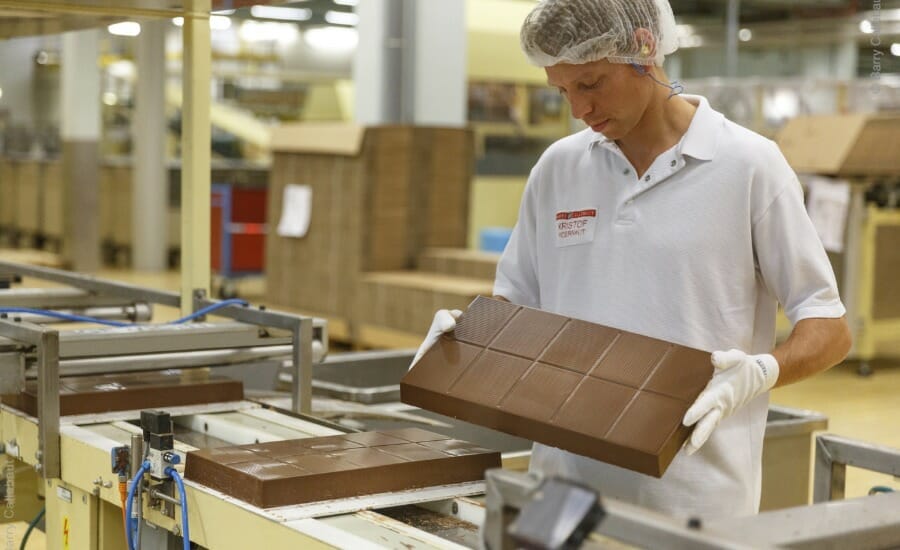Six top tips on how to decrease food wastage, shop and prepare food smarter, and change daily food consumption in Malaysia, Indonesia or Dubai.
1. Recycle, reduce, reuse!
Gulf countries state among the top 10 per capita Food Wastage generators in the world and only 10% of food wastage generated is recycled. Education on segregation, recycling, reducing, reusing is the cornerstone of sustainable development. Follow these five top tips to help reduce waste around the home:
- Instead of using plastic bags, bring reusable bags and Tupperware when going shopping or packing food or leftovers.
- Always shop responsibly. When going out, purchase items that are easy to recycle and avoid items that are individually wrapped or sold in single servings. Buying in bulk helps to reduce Food Wastage.
- Create a compost bin and throw food scraps and various yard Food Wastage into the compost bin.
- Start recycling. Utilising trash removal and recycling services can help manage Food Wastage effectively
- Go paperless. Most stores offer digital versions of receipts. Bills can also be received online and on smart devices, which save receiving bills in the mail.
2. Choose plastic-free produce
Plastic packaging is a key factor in increasing plastic pollution. According to ourworldindata, packaging generates a staggering 140 million tonnes of plastic waste, worldwide each year. When doing grocery shopping, choose plastic- free produce by:
- Going to the grocery with special cotton and reusable bags. Use one big bag for most food items and then smaller bags for vegetables and fruits
- Opting to buy bulk goods is a great way to cut back on unwanted carboard, tin and plastic packages for items like rice, beans, granola and whole host of other snacks.
- Store your food in glass containers instead of plastic containers
- Choose wooden utensils instead of plastic ones
3. Choose low carbon ingredients to prepare fresh and tasty recipes
The food system is responsible for a third of global greenhouse gas emissions. Making simple changes to buying and eating habits can have a huge and positive impact on carbon footprint. Low carbon ingredients can help reduce pollution, preserve the environment, and slow global warming. Many of these changes will also save money and improve overall health. Here are some smart, food choice strategies to adopt, to help both people and the planet:
- Choose local produce. Not only can supporting local businesses help reduce carbon footprint but it can also increase community health, promote agriculture, promote local wealth and help decrease the use of plastic.
- When visiting local food markets, go further and buy organic. Organic food is often fresher as it does not contain preservatives, it contains fewer pesticides and is better for the environment.
- Try and limit meat and dairy intake. The meat industry today is highly energy intensive, which heavily impacts climate change.
- Cut down on processed foods. Not only are processed foods less healthy but they contain too much packaging and consume a lot of energy, which produces emissions that damage the environment.

4. Avoid over-serving and adapt recipes to the exact number of guests
According to EcoMena, it is estimated that in Ramadan, around 55% of household Decrease Food Wastage is thrown away every day. To avoid Food Wastage, try to plan meals in advance and make a list of exact ingredients that are required. Sticking to the list will help save money and time, as well as last minute stress. Knowing friends’ food preferences in advance can also ensure food that is served is eaten and not wasted. Leftovers are made to be eaten – either serve them the next day or share with family and friends.
5. Experiment with a green Iftar
Vegan food Iftars are becoming more popular than ever before in the UAE. This is due to growing awareness of the meat and dairy industries. This Ramadan try a meatless Iftar once a week. Not only can adopting a vegan diet help to detox the body but it can also help to reduce environmental impact on the planet by decreasing carbon footprints and saving precious resources like fresh water and fossil fuel.
6. Have a plastic-free Iftar
The production and consumption of food generates waste besides food, such as packaging. There are 900,000 metric tonnes of plastic waste resin are used annually in a small city. This is a huge issue as most plastics can take up to 1000 years to decompose and end up in seas and oceans. During Ramadan, try and limit plastic use and embrace a plastic-free Iftar. Replace plastic single use dishes with glass dishes, choose recyclable and compostable material like bamboo and replace plastic straws with metal straws.
Let us decrease Food Wastage
















